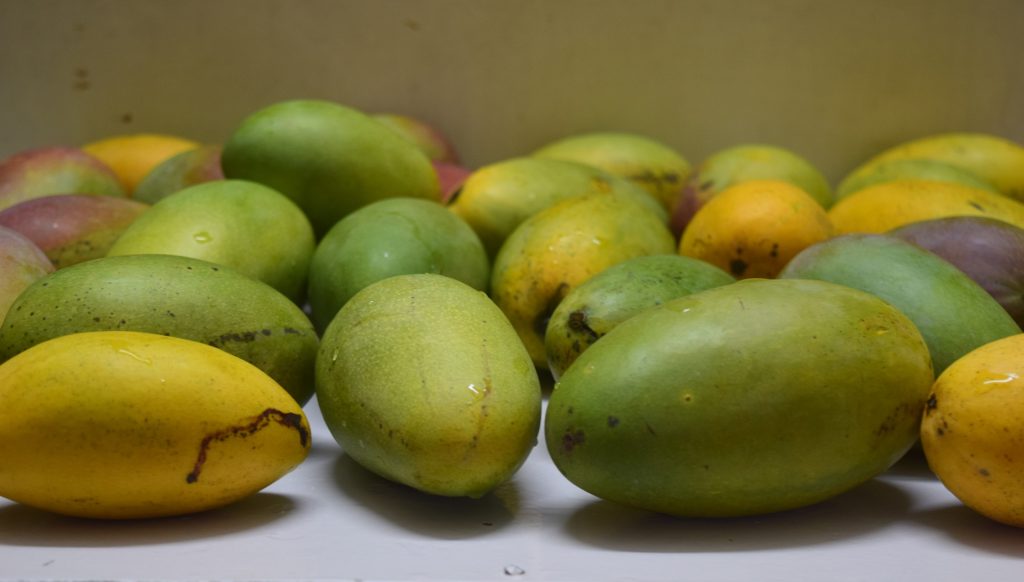The arrival of Indian mango season is a much-anticipated time of year for the South Asian diaspora in the United States. This vibrant period is marked by a fierce race among part-time importers in New Jersey, all vying to deliver these coveted fruits to their eager customers. The allure lies in the fleeting availability of mango varieties like Alphonso and Kesar, which are often hailed as the pinnacle of flavor and aroma as reported by The New York Times. The frenzy surrounding these mangoes is nothing short of a cultural phenomenon.
However, the journey from Indian orchards to American tables is fraught with challenges. Importers face an intricate web of regulations, logistical hurdles, and a highly competitive market. The process involves navigating strict agricultural checks and ensuring that the mangoes meet quality standards, all while racing against the clock to satisfy the insatiable demand. This seasonal business is a testament to the lengths people will go to savor a taste of home and tradition.
In the midst of this competitive landscape, these importers become unsung heroes, bringing communities together through shared culinary heritage. Their efforts underscore the importance of cultural foods and the powerful nostalgia they evoke. For many, these mangoes are not just fruit; they are a connection to childhood memories, family gatherings, and the vibrant landscapes of India. The stakes are high, but so is the reward of bringing joy to those yearning for a slice of their roots.
Despite the challenges, the market for Indian mangoes continues to thrive, driven by a passionate consumer base that seeks authenticity and quality. The seasonal nature of this trade adds a sense of urgency and excitement, as people clamour to get their hands on these limited-time delicacies. The phenomenon speaks volumes about the growing influence of ethnic foods and their ability to transcend geographical boundaries.
This niche market raises intriguing questions about the future of global food distribution and cultural exchange. As consumers increasingly demand authentic and diverse food experiences, how might this shape the landscape of food imports in the coming years? The business of importing Indian mangoes to the U.S. is not just about fruit; it’s about preserving traditions and fostering connections across continents.


